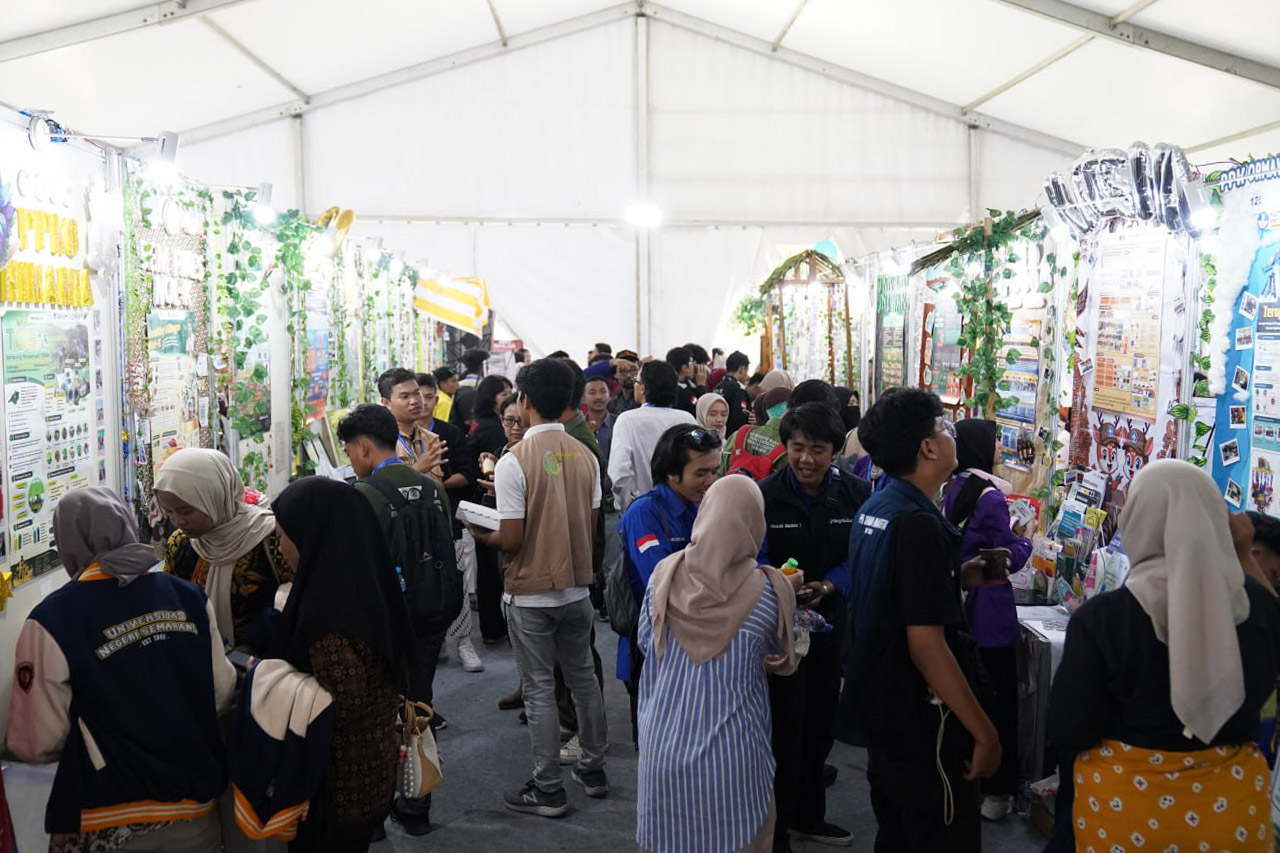Solid, Second Day of Abdidaya Ormawa 2024 at Udayana University Filled with Various Activities from Seminars, Exhibitions, Workshops, Cultural Stages to Gala Dinner
Jimbaran - Various activities were carried out to enliven the second day of Abdidaya Ormawa 2024 at Udayana University (Unud), Friday (8/11/2024). The activities carried out were the 2024 Abdidaya Ormawa National Seminar which took place in the Widya Sabha Auditorium Building, the Poster Exhibition Expo which was located in the Rectorate Building Yard, the Higher Education Leadership Workshop, the Student Workshop, the Accompanying Lecturer Workshop and the Partner Workshop which took place in the Rectorate Building area, then The Cultural Stage in the west parking area of the Widya Sabha Building and the Gala Dinner were enlivened with various dance performances, one of which involved international students. On the sidelines of the activity, there was also a Higher Education Leadership Forum Meeting for Student Affairs (Forpimawa).
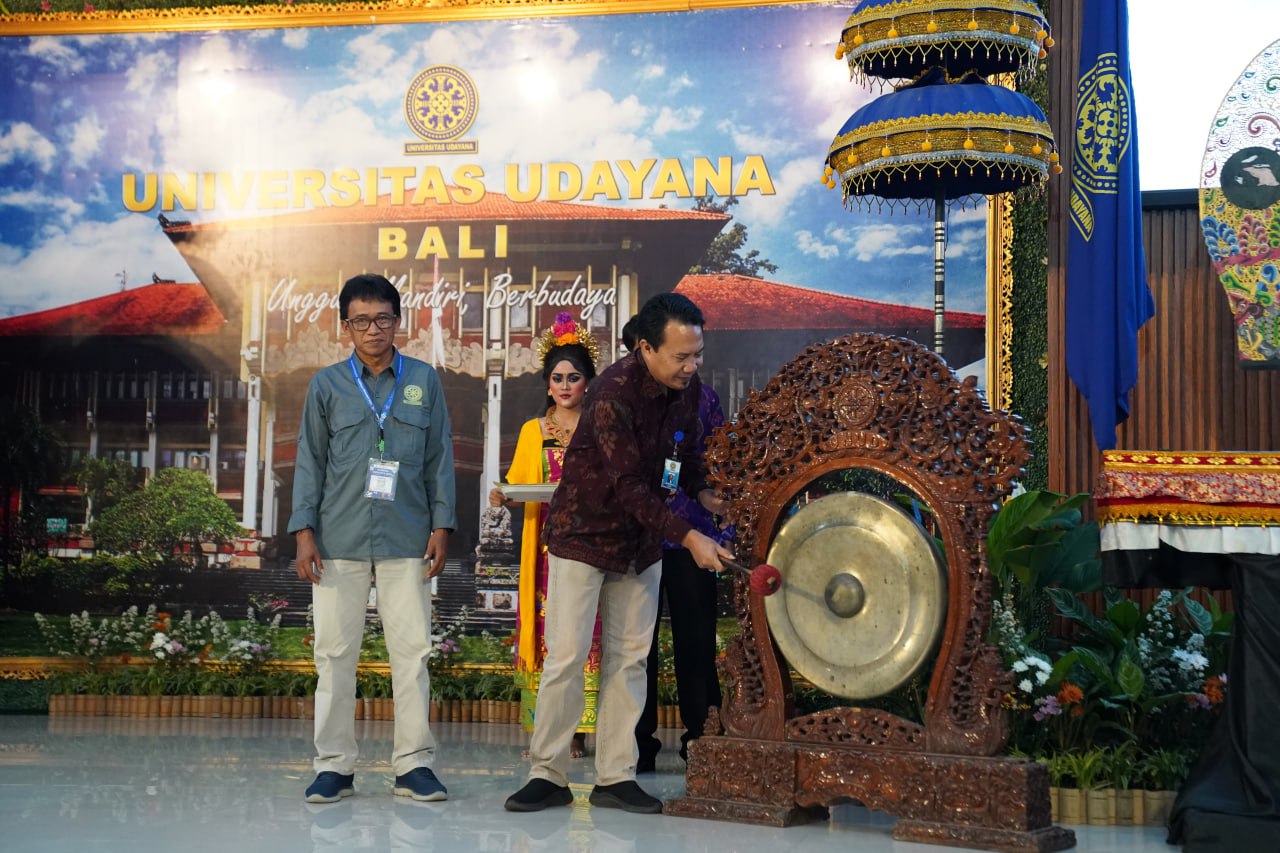
At the National Seminar which was opened directly by the Rector of Unud Prof. I Ketut Sudarsana presented three speakers, namely from Belmawa Prof. Dr. Ir. Illah Sailah, MS with the topic Contribution of Student Organizations in Village Development through Science and Technology-Based Community Empowerment, Klungkung Regent Expert Staff for Community Affairs and Human Resources Nyoman Mudarta, S.Pd., M.Si with the topic The Role of Regional Government in Community Empowering Synergy, and the Head Gunaksa Sadiarna Village, SH with the topic Success story of village empowerment collaboration with the Ormawa PPK program, the role of the village government in community support efforts for Ormawa PPK activities, sustainability strategies.
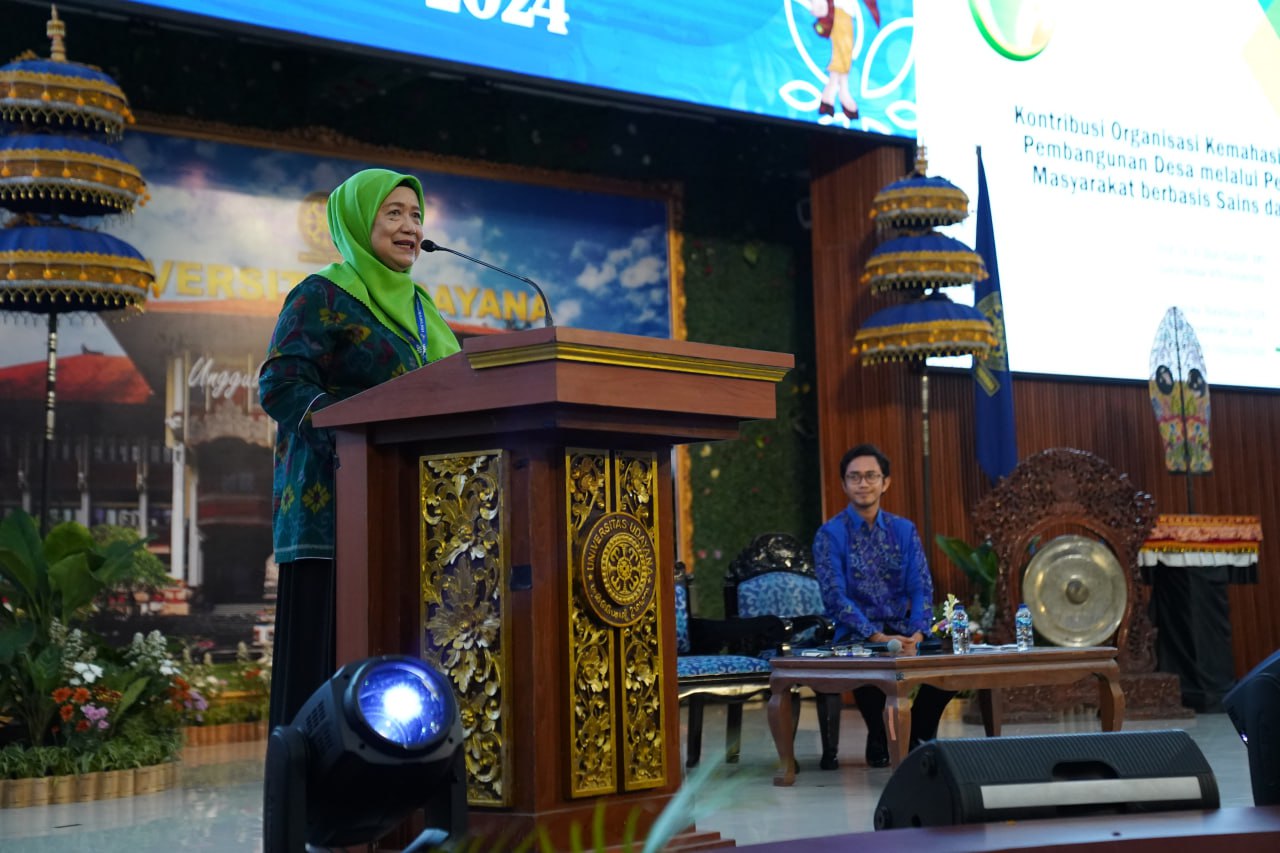
Prof. Illah Sailah in his material conveyed a new paradigm for higher education policy, namely that we must prepare ourselves for learning in an uncertain future with learning methods that transform and enable students to have critical thinking skills. Higher education policy embraces collaboration and empowerment patterns that enable each university to play a unique role by using innovative thinking to develop and contribute to national development.
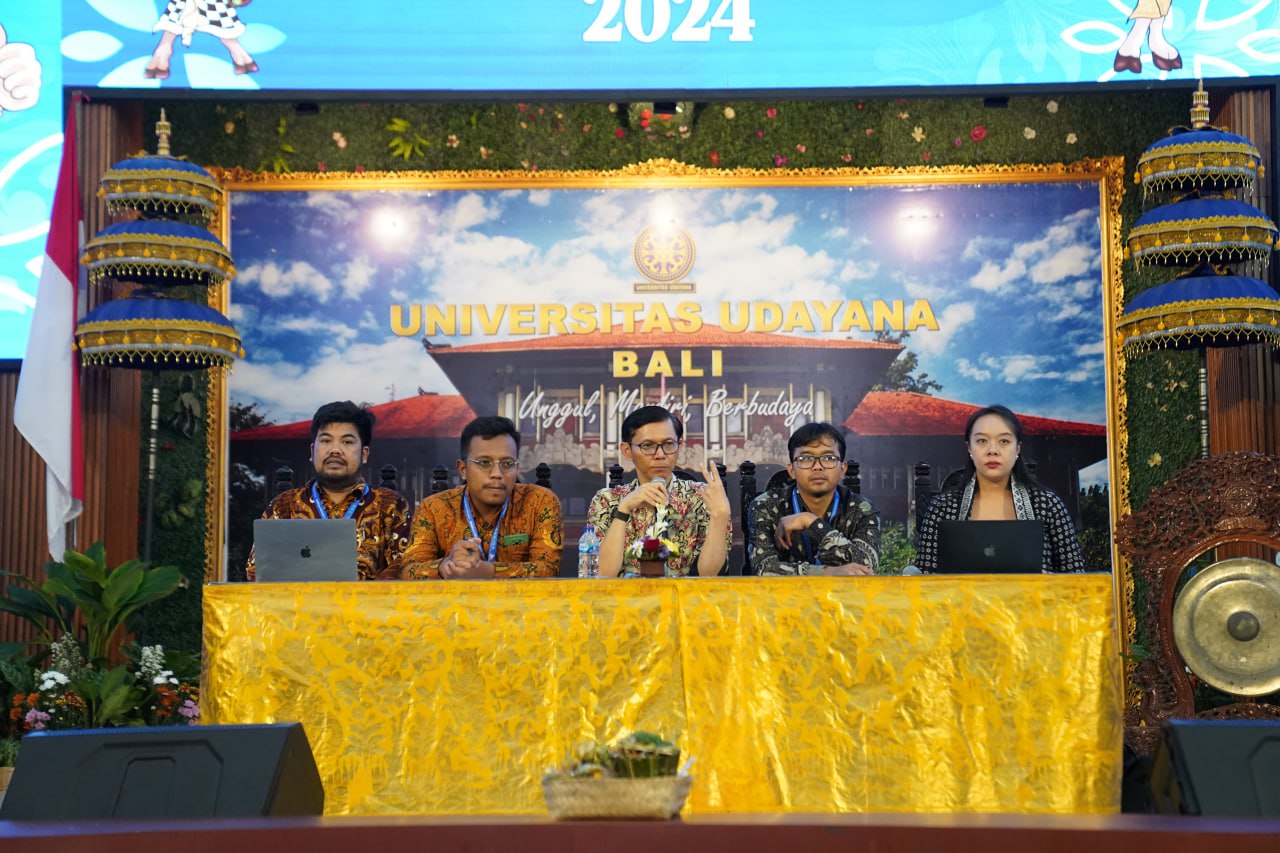
The challenges for universities in strengthening Ormawa lie in leadership training, incubation of village projects, funding and access to resources, collaboration with government and private institutions, as well as monitoring and evaluation.
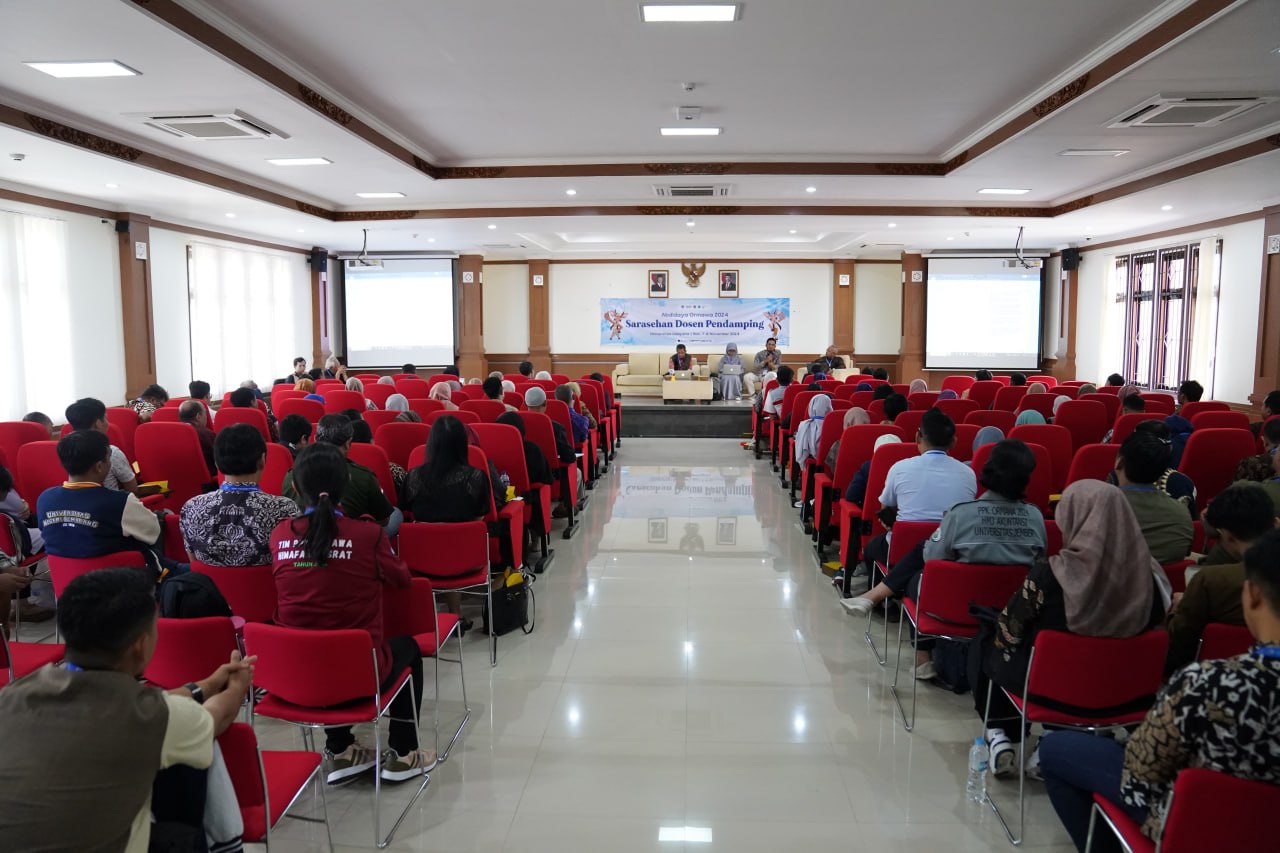
Meanwhile, in the workshop, various inputs were explored regarding the evaluation of the program's impact on community empowerment and increasing the capacity of Ormawa, the suitability of activity themes to local and national needs, program sustainability and continuity, resources and support provided, success measurement mechanisms and program indicators.
On the Cultural Stage, various artistic performances from each delegation's region were staged, ranging from vocal, dance to contemporary.

